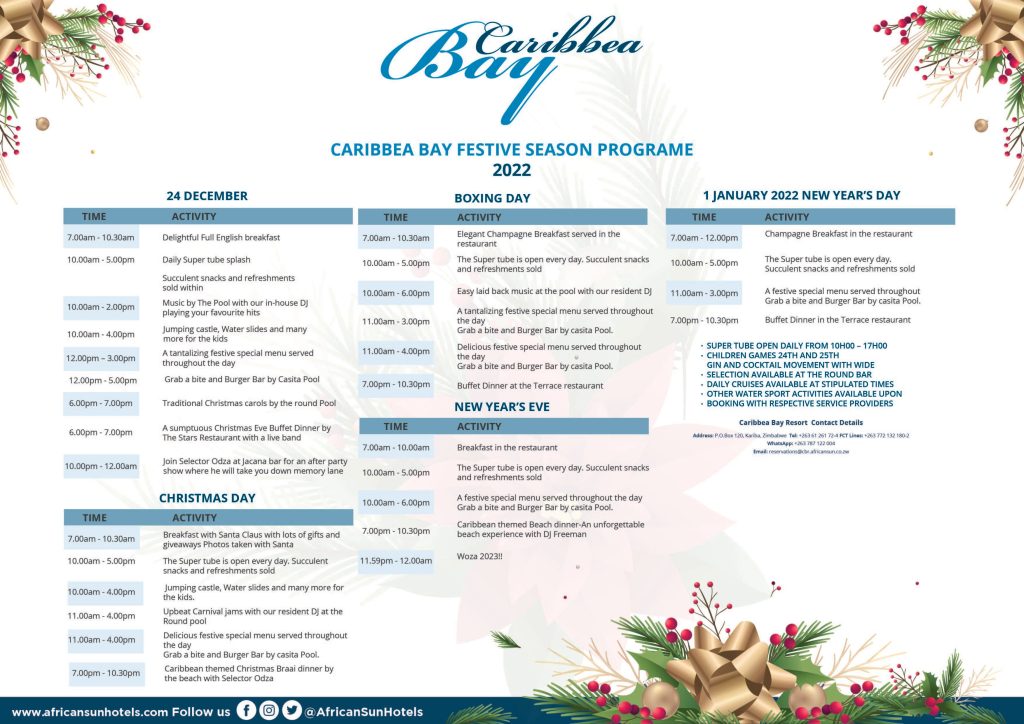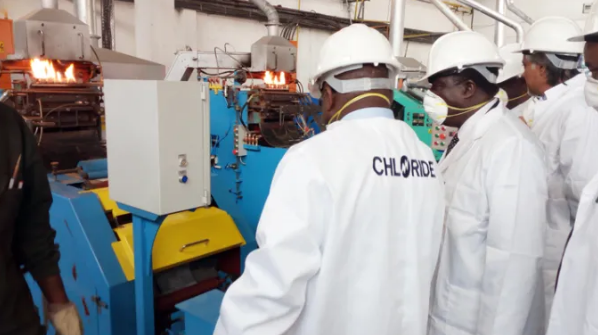By ETimes
Amalgamated Regional Trading (ART) reported moderate growth after its key business units, both local and regional, remained resilient in the fiscal year ended September 30, 2022, despite a challenging operating environment.
The business community has gone through a period of high inflation, high interest rates, high volatility in the rate of exchange, unpredictable policy changes, a growing informal sector, power challenges, and subdued aggregate demand.
“The fragility of the Paper division under the current difficult economic conditions was evident during the period as the unit struggled to maintain volumes and profitability,” said group chairman Thomas Wushe, in a statement accompanying the company’s financial results.
“Future proofing the group by diversifying and consolidating the Paper units has been challenging and significant support from the group’s funders was required to enable the completion of the Paper Mill project in Kadoma.”
Like any other business, ART has benefited from the rise in US dollar transactions on the market. This comes as customers are preferring to settle their transactions using the greenback against the local currency.
“The increase in foreign currency sales in all the business units helped to sustain raw materials imports,” he said.
“The business also benefited from the growing informal sector which has better payment terms.”
In the period, the group’s inflation adjusted revenue rose 3% to $19.6 billion as prices were adjusted in line with inflation.
Volumes, a key indicator of demand, were up 10%.
Export volumes increased by 12% compared to the prior year, driven by strong demand in Zambia.
“The group’s regional drive continues to be anchored by the strong performance of batteries in Zambia and Malawi,” he said.
“Foreign currency shortages persisted in Malawi whilst growth in Mozambique remains slow as competition from imported batteries increased.”

On the strength of timely price adjustments and cost reductions, margins improved during the period.
“Demand for batteries, paper and stationery recovered although significant downtime in the tissue business due to machine breakdowns and power cuts affected production output consequently impacting sales particularly on the export market,” he said.
It recorded significant exchange losses amounting to $3.6 billion as the local currency depreciated by 607% during the period. Fair value adjustments on investment property and biological assets amounted to $4.9 billion.
ART is back in the black after realizing a profit after tax of $1.46 billion compared to a loss of $2.5 billion in the prior year.
“The performance was overshadowed by the increase in finance costs especially towards the end of the year following the hiking of interest rates,” he said.
“The group’s statement of financial position was impacted by the significant movement in the exchange rate and exposure from project related obligations.”
Working capital pressure is poised to decline when the Paper Mill installation is finished and the group’s borrowings are restructured at year’s end.
“The elimination of the expensive local currency debt after year end has brought significant relief as the group embarks on a journey of stabilisation and recovery with focus on cash generation, sustaining working capital improvement and optimally managing gearing levels,” he said.
“The group is encouraged by the fruitful engagement that it has had with the Government and resulting mitigatory measures put in place to support completion of its expansionary capital investment programme.”
It did not declare a dividend – Harare



